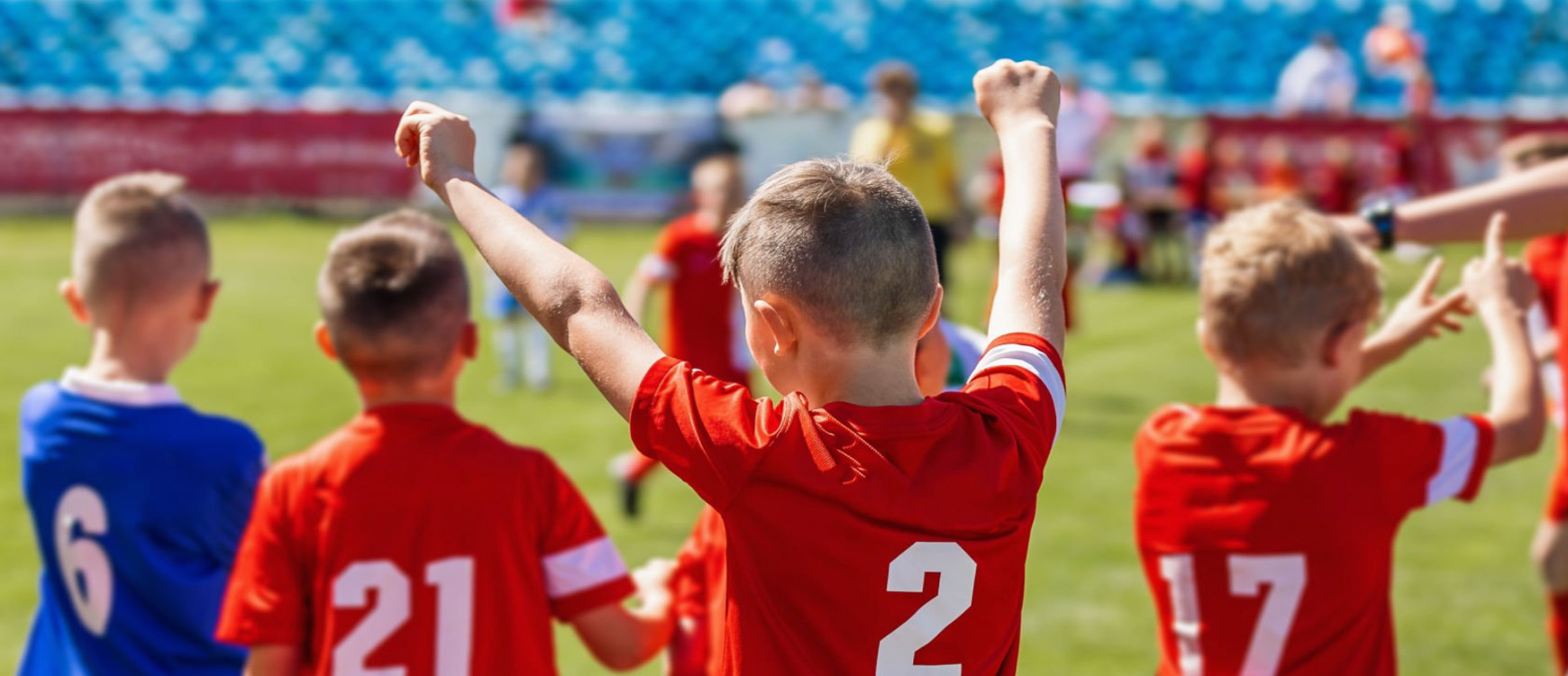
Why every youth player should always try to win!
Playing football is about trying to win. This might sound simple but what does it mean? There are a lot of confusing opinions about the importance of ‘winning’, in particular in youth football. Some people say it is all about ‘development’ while others suggest that having ‘fun’ is most important. This blog is an attempt to solve the confusion. Let’s start by explaining what trying to win really means. Next, it will be demonstrated why too little emphasis on trying to win might have a negative effect on the development of players.
Trying to win
Every football player in the world tries to win. Just imagine you are the player with the ball during the game. What will you try to do? Obviously, you will try to score a goal. And what will you try to do when your opponent has the ball? Of course, you will try to stop this opponent from scoring a goal, ideally by winning the ball back. In other words, whether you are a girl or a boy, age 6 or 16, playing in a recreational or professional academy, or born in a different country, you will try to score more goals than the opponent. This is what we call ‘trying to win’. Even players who do not care – after the game – whether they have won or not, will still try – during the game – to score when they have the ball, and prevent the opponent from scoring when they have the ball. So, why do some people still say to youth players they should not focus on ‘winning’ but instead on their ‘development’ as a player?
Trying to win or developing?
Players who do not try to win in games and in training will not develop any further. Trying to score when they have the ball is the number one reason for players to push themselves. Trying to prevent the opposing team from scoring is what forces players to stretch the boundaries of their football ability. In other words, trying to score more goals than the other team is the necessary overload for players to develop. However, if a coach tells players not to focus on ‘winning’, there is no longer any reason for these players to play their best. This will have a negative impact on player development as the most important trigger to develop has disappeared. Therefore, it is not about trying to win OR developing but about trying to win AND developing. In a similar way, we can falsify the discussion about winning or fun.
Trying to win or having fun?
Trying to score more goals than the other team is the reason why playing football is fun. Remember when you were eight years old playing football in the street or in the park with your friends? Did your team try to win? Were you keeping score? Were you having fun? Of course! And the same is true for your players today.
What if the other team is not trying to score when they have the ball? Or what if they do not try to stop your team from scoring when you have the ball? This would mean they are not trying to win, and your team might win 20-0! This may sound exciting at first, but it will soon become boring after a few games. If the challenge disappears, playing football is no longer fun. In other words, trying to win IS fun as long as both teams try to win within the rules of the game. Therefore, it is not about trying to win OR fun but about trying to win AND fun. However, what is not fun is when you are 12 or 13 years old and winning or losing has consequences after the game.
Winning and losing
In this blog, we have explained that trying to win is fun and crucial for player development because it makes youth players play their best in every game and training. We have deliberately not spoken about ‘winning’. This would suggest that ‘trying’ alone is not enough but that it is also important that players actually ‘win’ in youth football. Of course, players will feel disappointed after losing a game, but winning or losing should not have consequences in youth football the way it does in professional football. Even when they play their best, there is no guarantee that players will win. There are too many things they cannot control during the game, such as teammates, opponents and the referee. If one team wins, the other team loses. This is the logical consequence of playing football. Learning to accept defeat is also part of player development. This learning process will be easier for youth players if people on the sidelines also understand the messages in this blog.


